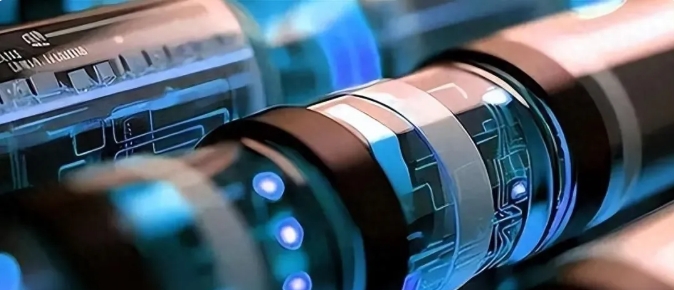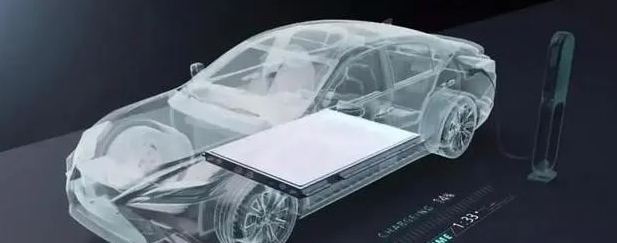The World’s First Solid-State Battery Production Line Established: Over 1000 km Range and Enhanced Safety!
Traditional liquid batteries use liquid electrolytes as ion migration pathways, with separators isolating the cathode and anode to prevent short circuits. Solid-state batteries, on the other hand, replace the traditional separators and liquid electrolytes with solid electrolytes in lithium-ion batteries. The basic principle remains similar to that of liquid batteries, with charged ions moving back and forth between the cathode and anode to facilitate the charging and discharging process.
Currently, liquid batteries dominate the global lithium battery technology landscape, with mature processes and supply chains. However, as technological advancements and iterations continue, liquid batteries are approaching their energy density limits and face risks of thermal runaway. Compared to liquid batteries, solid-state batteries offer advantages such as being lightweight, having better safety, higher energy density, wider operating temperature ranges, longer cycle life, and faster charging and discharging capabilities. They are considered the next-generation lithium batteries that will address the range and safety concerns of electric vehicles.
At the end of 2023, China, Taiwan-based ProLogium Technology's solid-state battery production line officially commenced production. This is the world's first mass-produced solid-state battery production line, boosting the industry's confidence in the mass production of solid-state batteries.
In this era highly dependent on electricity, the importance of batteries cannot be overstated. Whether in smartphones, laptops, electric vehicles, or energy storage systems, batteries play an indispensable role. Traditional lithium-ion batteries have certain limitations in safety, energy density, and cycle life, prompting the continuous search for breakthroughs in new battery technologies. At this critical juncture, solid-state batteries have emerged, being regarded as the new engine of the energy revolution. The fundamental difference between solid-state batteries and traditional lithium-ion batteries lies in the adoption of solid electrolytes instead of flammable liquid electrolytes. This innovative design endows solid-state batteries with numerous unique advantages:
- Significant Safety Improvement: Liquid electrolytes are prone to leakage and short circuits, which can lead to thermal runaway, fires, or explosions. Solid electrolytes eliminate these hazards, resulting in a qualitative leap in safety.
- Higher Energy Density: Solid electrolytes occupy less volume, allowing for more active material to be packed in, thus achieving higher energy density per unit volume and significantly extending the range. This is a major benefit for electric vehicles and drones.
- Longer Cycle Life: Solid electrolytes do not degrade gradually during charge and discharge cycles like liquid electrolytes, thus extending the battery's lifespan and reducing the cost of use.
Solid-state batteries also boast a wide operating temperature range and low-cost manufacturing, making them the ultimate solution to many current lithium battery problems. Electric vehicles are the most anticipated application scenario for solid-state batteries. High energy density translates to longer range, and high safety helps alleviate user concerns about electric vehicle safety, thereby promoting the adoption of electric vehicles.
Energy storage systems will also benefit from solid-state batteries. The long cycle life and low-cost characteristics of solid-state batteries make them ideal for applications in home energy storage and grid energy storage, promoting the efficient use of renewable energy.
In wearable devices, drones, and other fields, solid-state batteries can also leverage their high energy density and safety advantages to bring a whole new user experience to these products.
For more industry and product information, please contact us:
WhatsAPP/Tel: +86-18100835727
Email: support@voltupbattery.com
Post time: Aug-01-2024









